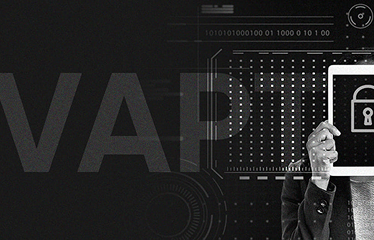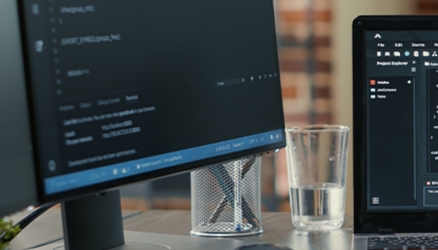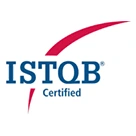Vulnerability Assessments
Vulnerability assessments involve scanning systems and applications to identify known weaknesses. These scans provide a comprehensive overview of security gaps that could be exploited by attackers.
Penetration Testing
Penetration testing, often conducted by a software testing services company, simulates real-world attacks to evaluate the effectiveness of security measures. This approach uncovers potential entry points and assesses the organization’s ability to respond.
Security Testing
Security testing services focus on validating the security of applications by identifying vulnerabilities such as injection flaws, authentication failures, and misconfigurations. These tests are integral to maintaining the integrity of software systems.
Configuration Reviews
Configuration reviews assess the settings of systems, applications, and devices to ensure they align with security best practices. Misconfigured systems are a common target for attackers.
Compliance Audits
Compliance audits assess whether an organization’s security measures meet the standards required by specific regulations. They include evaluating access controls, data encryption, and incident response plans.
Why Regular Cybersecurity Assessments are Crucial
Identify Hidden Vulnerabilities
Even well-secured systems can have hidden flaws that attackers may exploit. Regular cybersecurity assessments, conducted by experienced VAPT companies in Dubai, help uncover these vulnerabilities before they are exploited.
Protect Sensitive Data
For businesses, safeguarding client data is paramount. A breach can lead to a loss of trust and potential legal ramifications. Security testing services help ensure your systems remain secure against unauthorized access.
Meet Regulatory Compliance
Many industries require compliance with strict security regulations, such as GDPR or ISO 27001. Regular assessments ensure your company adheres to these standards, avoiding penalties and maintaining a competitive edge.
Evolve with Emerging Threats
Cyber threats are constantly evolving. New malware, ransomware, and phishing techniques emerge regularly. A software testing services company stays updated on the latest threats, providing proactive security measures for your systems.
Enhance Business Continuity
A single cyberattack can disrupt operations for days or even weeks. Regular assessments help identify and mitigate risks, ensuring smooth business continuity.
Steps in a Cybersecurity Assessment
Planning and Scoping: Define the objectives, scope, and resources required for the assessment. This stage ensures alignment with business goals.
Asset Identification: Document all digital assets, including software, hardware, and data. Understanding the scope of assets is critical for effective security testing services.
Threat Identification: Identify potential threats and attack vectors specific to the organization’s industry and operations.
Vulnerability Scanning: Use automated tools to scan systems and applications for known vulnerabilities. Tools such as Nessus, Qualys, and OpenVAS are commonly used.
Manual Testing: Conduct manual tests to identify complex vulnerabilities that automated tools might miss. This is where partnering with a software testing services company proves invaluable.
Risk Analysis: Evaluate the likelihood and impact of identified vulnerabilities to prioritize remediation efforts.
Remediation and Reporting Address vulnerabilities by applying patches, updating configurations, or modifying processes. Document the findings and remediation steps in a comprehensive report.
Conclusion
Regular cybersecurity assessments are essential for protecting your
organization’s digital assets and maintaining operational integrity.
They provide a structured approach to identifying vulnerabilities,
managing risks, and ensuring compliance with regulatory requirements.
By prioritizing these assessments, businesses can stay ahead of cyber
threats and build a robust security posture.




























































